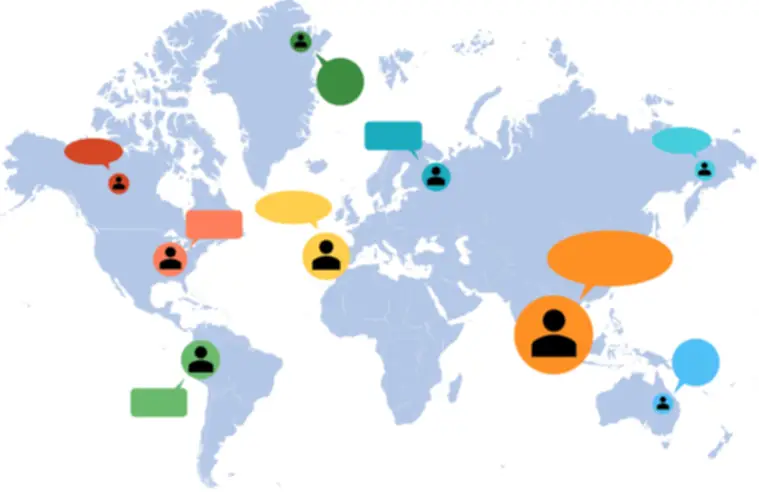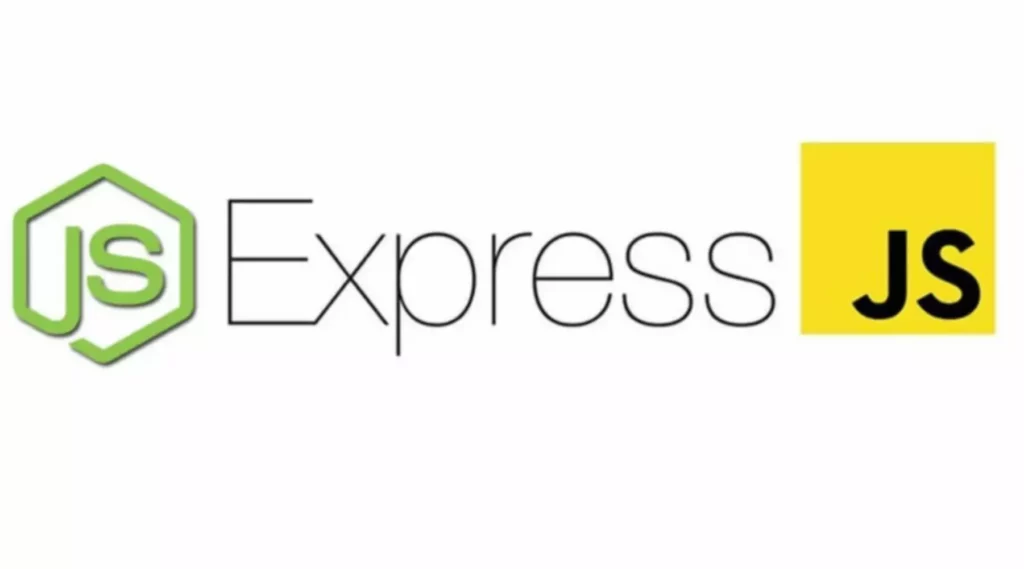If your knowledge is accurate, complete, and constant, everything runs smoother—analytics are sharper, operations transfer quicker, and teams make better calls. There are different, extra difficult issues which will exist within the data set. For example, one entry may be an tackle for a Mr. Smith who lives within the metropolis “London,” with no nation specified.
Tips On How To Determine Information Quality: Standards And Dimensions
This not only gets rid of any points, but it’s also a chance for the analyst to get to know the dataset, understand its schema, and be certain that the information at hand offers the right kind of knowledge. Customers understand information quality as data that matches its intended use, is kept safe, and explicitly meets client expectations. Now that you’ve glimpsed the key matters discussed within the article, let’s dive deeper. With subjective assessments, organizations are measuring how stakeholders, analysts, collectors, and other events understand the quality of information. If any one of many stakeholders decides based mostly on the data they receive, but finds that it’s inaccurate or incomplete, then their determination will be affected.
It changes continuously, and you must be the primary to know about any adjustments in buyer data to ship relevant and appropriate pitches. Constant data management is crucial to profitable data-driven business strategies. Low-quality information offers incorrect insights, which can result in the mistaken action. While everybody makes mistakes occasionally, basing your organization’s budget, marketing technique, or next yr’s objectives on incorrect data may have significant penalties. Information high quality management includes ongoing processes to determine and rectify errors, inconsistencies, and inaccuracies.
Data completeness refers to the degree to which information is full and incorporates all the required info. Missing values or null fields within a dataset can lead to gaps in understanding and probably flawed insights. Making Certain information completeness is crucial for deriving significant and complete insights. Data High Quality vs. Data Integrity The phrases information high quality and data integrity are often used interchangeably, but they serve completely different definition of data quality functions. It guarantees data is correct, unchanged, and reliable throughout its life. Information Quality is extra than construction, it evaluates the fitness of knowledge for use.
- The data also wants to conform to the correct, accepted formats, and all dataset values should fall within the correct range.
- Unlock the value of enterprise data with IBM Consulting®, constructing an insight-driven organization that delivers business benefit.
- The bigger the variety of empty values, the extra inaccurate your knowledge turns into.
- The accuracy of knowledge is linked to how the info is preserved via its journey.
Knowledge high quality can be important to the effectivity of horizontal enterprise purposes. These embrace enterprise resource planning (ERP) and customer relationship administration (CRM). Data High Quality has information cleaning and consists of the practices and policies required to handle DQ, assembly good-enough knowledge quality. These pointers intersect with Knowledge Governance – the totally different parts wanted to manage data formally and information DQ roles, processes, communications, and metrics. Information gathered from data profiling, and data matching can be utilized to measure knowledge quality KPIs.
Information Quality Process:
Data profiling, on the opposite hand, focuses on the method of reviewing and cleansing information to hold up knowledge quality requirements inside a corporation. Information uniqueness refers again to the Data as a Product degree to which knowledge is unique and doesn’t duplicate existing knowledge. Duplicate information can lead to inflated metrics, skewed evaluation, and incorrect conclusions. Guaranteeing information uniqueness helps keep the integrity and reliability of data. The goal isn’t to fix every thing directly, however to build habits, instruments, and checks that make high-quality information the default over time.
Knowledge high quality refers again to the utility of information as a function of attributes that determine its health and reliability to satisfy the meant use. These attributes—in the type of metrics, KPIs, and another qualitative or quantitative requirements—may be subjective and justifiable for a singular set of use instances and context. Feeding accurate and consistent knowledge into machine learning or AI fashions to reinforce their performance and generate extra dependable predictions and insights. This confirms knowledge developments and behaviors throughout sources for dependable insights. Ship trusted data throughout your organization, so you progress sooner on knowledge pushed tasks, make smarter decisions, and run extra effectively. Data High Quality is a key part of environment friendly operations and sound decision-making.
If staff don’t see why information quality matters, they won’t prioritize it. Groups may skip validation steps or enter sloppy information just to keep away from wasting time. With Out clear worth or suggestions loops, it’s onerous to build a tradition of accountability. It additionally makes it onerous to run regular assessments or scale up as your information grows. This will allow you to prioritize what to measure and the place to take a position time. Knowledge high quality isn’t one thing—it’s a mix of key traits that work collectively.

Attaining an appropriate level of Knowledge Quality stays important for any business to remain profitable and thrive. Doing so means striking a balance between leaving DQ to likelihood and becoming paralyzed in pursuit of absolute confidence in information. Most Information High Quality definitions cover a set of methods designed to fulfill the wants of those consuming that information.

Information governance additionally provides the necessary authority to enforce data high quality requirements. Through data governance, organizations can allocate resources, define workflows and implement knowledge high quality tools to assist knowledge quality enchancment initiatives. As the old saying goes, “garbage in, garbage out”, and this holds true for machine studying algorithms as well. If the algorithm is learning to foretell or classify on unhealthy information, we can anticipate that it’ll yield inaccurate outcomes. Nonetheless, when a regular isn’t met, information quality instruments provide worth by serving to businesses to diagnose underlying data issues. A root cause analysis allows groups to treatment data high quality points shortly and effectively https://www.globalcloudteam.com/.




